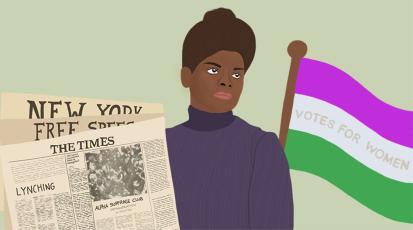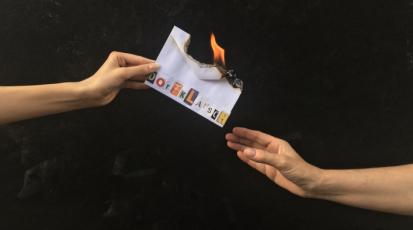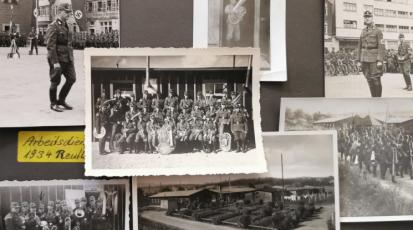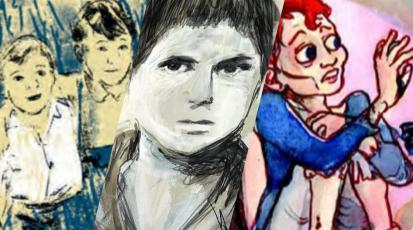Drawn memories

Drawn Memories is a binational podcast about the Holocaust in Graphic Novels. Three students from Israel (Sapir College) and Germany (Hochschule der Medien) show the importance of memory culture.
In fear for their lives, Anne Frank’s family had to hide from the uprising Nazi-regime. The way she experienced this time is captured in her famous diary, which is the topic of the first episode. The peak of the dark era occurred in the concentration camps all around Europe. The second episode covers the horror of Auschwitz. With the war ending, many survivors were left with deep mental wounds. The influence of their past led to conflicts with the second generation, which is talked about in the last episode.
Learn more about the different perspectives on memory culture and enjoy listening to Drawn Memories!
First episode – Dive into the world of Anne Frank
The first episode of Drawn Memories is all about a diary. But not just any – the diary of Anne Frank. Together with her family, she hid in a secret room behind a bookcase during the German occupation of the Netherlands in World War II. Together with the experts Menno Metselaar and Michal Paz-Klap the three students Ron, Niclas and Alina talk about being a teenager during a time, that seemed to be hopeless.
Second episode – The darkness of Auschwitz
The second episode of Drawn Memories is about the darkest place in history. In his graphic novel "Auschwitz" the Yugoslavian author Pascal Croci portrays the hopeless and horrific life in the deathcamp in the middle of the German occupied Poland. Michal Paz-Klap, expert on graphic novels and Kate Polak, professor for writing and literature, explain the effects a dark story has on the audience. Is there a right way to portray the horror of Auschwitz?
Third episode – Of Maus and Men
After the horrific events of the Holocaust, the third and last episode of Drawn Memories is about the children of the survivors – the second generation. What did their parents tell them about their traumatic past and what did they decide to keep a secret? With its unique way of using metaphors, “Maus” by Art Spiegelman is the first graphic novel to win a Pulitzer Price. The story about the testimony of Spiegelman’s father became the gate for many other Holocaust related novels.























